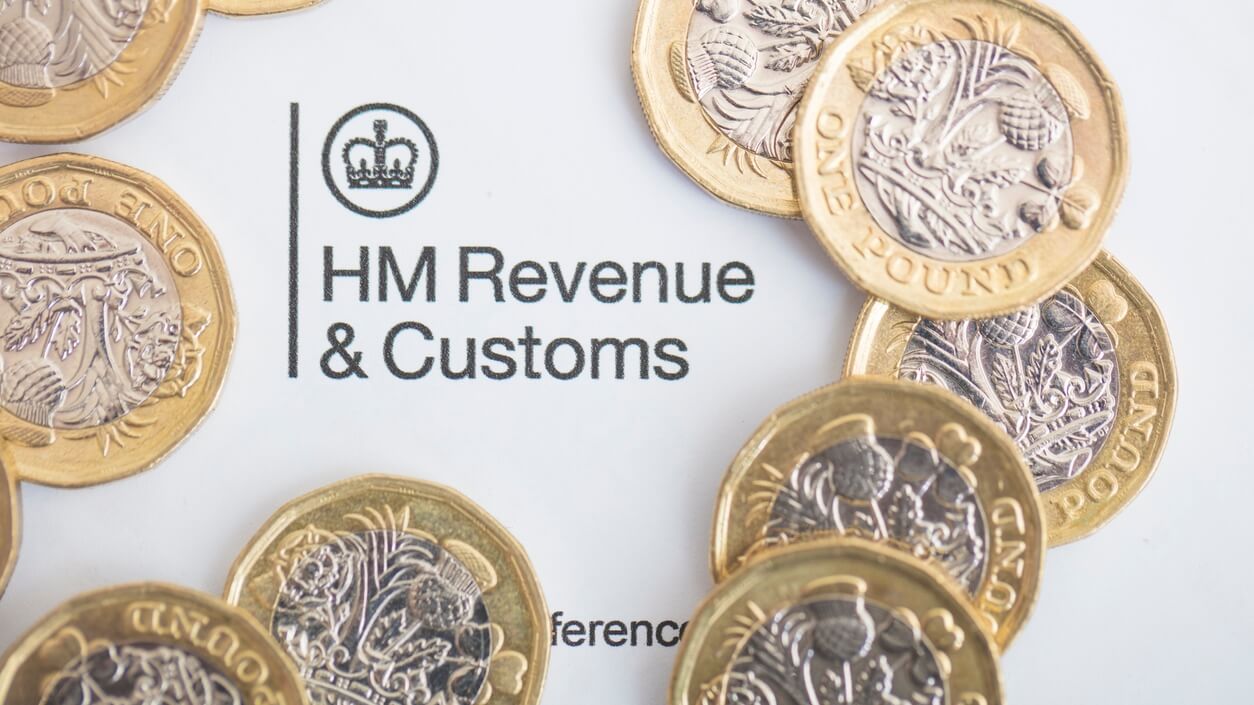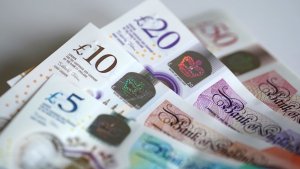There have been 620,000 reports from people about bogus tax rebates over the past year, HM Revenue and Customs said.
Tax Scam Warning As Self-Assessment Deadline Looms
There have been 620,000 reports from people about bogus tax rebates over the past year, HM Revenue and Customs said.

Fraudsters posing as the taxman could strike with fake offers of tax refunds as the January 31 self-assessment deadline approaches, HM Revenue and Customs (HMRC) is warning.
Over the past year, HMRC has received nearly 900,000 reports from people about suspect contact including phone calls, texts or emails.
More than 100,000 of these were phone scams, while over 620,000 reports from people were about bogus tax rebates.
Common techniques fraudsters use include phoning taxpayers offering a fake tax refund, or pretending to be HMRC by texting or emailing a link which will take customers to a false page, where their bank details and money will be stolen.
S- HMRC will never ask for your PIN, password or bank details.C- Information on phishing scams is available on https://t.co/oFsngOrqVM.A- Contact Action Fraud on 0300 123 2040 to report suspicions.M- Don’t reply to messages you weren’t expecting.#scamaware #HMRCscamaware pic.twitter.com/BQlDRFIjhM
— HM Revenue & Customs (@HMRCgovuk) June 27, 2018
Fraudsters may threaten victims with arrest or imprisonment if a bogus tax bill is not paid immediately.
HMRC operates a dedicated customer protection team to identify and close down scams.
It is also advising customers to recognise the warning signs of scams.
Genuine organisations such as HMRC and banks will never contact customers asking for their Pin, password or bank details.
It said customers should never give out private information, reply to text messages, download attachments or click on links in texts or emails which they were not expecting.
Details of suspect calls or emails claiming to be from HMRC can be forwarded to phishing@hmrc.gov.uk and texts to 60599.
Cases can also be reported to Action Fraud.
Tax is automatically deducted from most UK taxpayers’ wages, pensions or savings.
But people could need to complete a tax return, for example if they are self-employed or have earned more than £2,500 from renting out property, or if they or their partner received child benefit and either of them had an annual income of more than £50,000.
They may also need to fill in a form if they have earned more than £2,500 in other untaxed income, for example from tips or commission.
Self-assessment guidance is available at www.gov.uk/self-assessment-tax-returns.
Gareth Shaw, head of money at Which?, said: “The number of people targeted by HMRC scams is staggering and the problem is only likely to get worse as the self-assessment deadline looms.
“Sophisticated tactics like number spoofing see innocent people losing life-changing sums every day – so banks, telecoms companies and firms being targeted must collaborate on developing solutions to halt this worsening crime.
“Victims of HMRC scams often end up being tricked into transferring money to a criminal, and while a new industry code is in place offering greater protections against transfer fraud, the next government must make this mandatory to ensure all payment providers are signed up to these vital measures.
“Meanwhile, the banking industry and regulators must urgently agree a vital reimbursement fund that ensures all innocent victims have their money returned should they be affected by this devastating crime.”
Thanks for signing up to Minutehack alerts.
Brilliant editorials heading your way soon.
Okay, Thanks!

